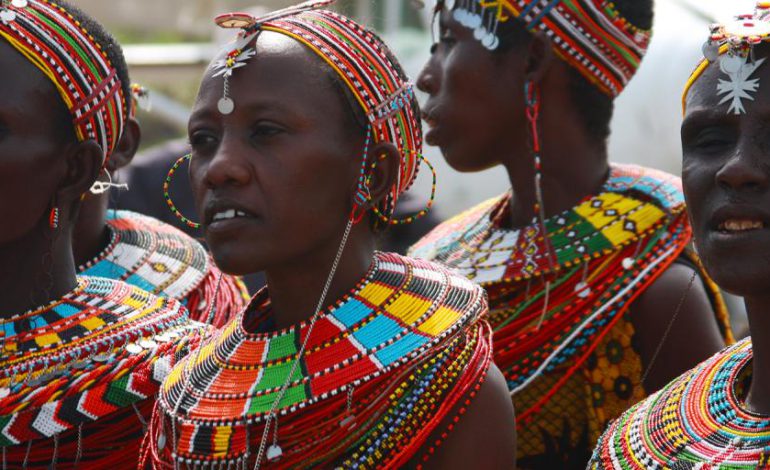Turkanas who migrate to cities face high risk of heart disease
Migrating to cities is increasing cardiovascular disease risk among the Turkana,according to a new study. While carrying out a study to determine how lifestyle impacts health,scientists attributed this to changes

Migrating to cities is increasing cardiovascular disease risk among the Turkana,according to a new study.
While carrying out a study to determine how lifestyle impacts health,scientists attributed this to changes in diet and lifestyle associated with the migration.
The Turkana mainly lead a semi-nomadic life,and are pastoralists who often travel over long distances in search for water and pasture for both their livestock and themselves.
However,scientists say that increased movement to cities and rapid lifestyle is causing a spike in the cardiovascular disease risk in the group.They credited this to increased consumption of refined carbohydrates,and urbanicity.
The results also suggest that migrants’ inclination towards Western diets high in refined carbohydrates is influencing the disease risk.For example,it was discovered that the average urban Turkana resident has a 9.7 per cent higher BMI than an average rural or pastoralist Turkana.
Comparisons across the lifestyle ascent between nomadic Turkana and urban-dwelling Turkana revealed that only individuals with highly urban,market-integrated lifestyles experience increases in blood pressure,and other biomarkers of cardio-metabolic health.
“More time spent in urban areas leads to harsher health impacts.Individuals born in cities already have proclivity for higher body mass indices,blood pressure,total cholesterol,and blood glucose levels,”lead researcher Amanda Lea observed.
Cardiovascular diseases are a leading cause of death globally,and are responsible for much of the non-communicable disease burden Kenya is facing today.
Featured image courtesy of Explore Africa




